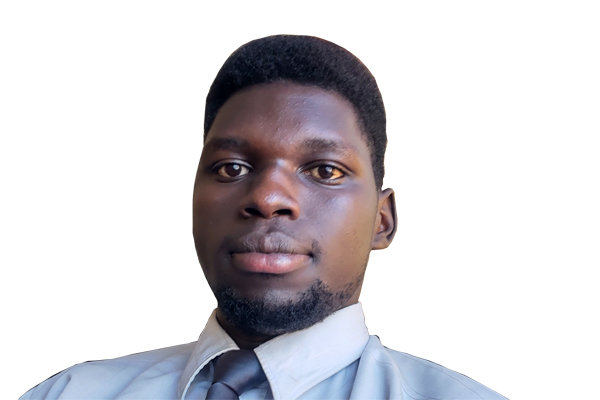Prime
Is Uganda and Africa trapped?

Mr Eddie Ojara
What you need to know:
“Countries have been offered debt forgiveness in exchange for action on climate change or conservation goals. Africa’s creditors should consider reviving this principle for research"
There’s one data point in the World Bank’s latest Africa’s Pulse report, published last month, that is impossible to ignore. More than 43 percent of the people in Africa still do not have electricity.
We are living in a time when tens of billions of dollars are being spent on developing artificial intelligence, advanced medicines and Space exploration. But back on Earth, more than 600 million Africans are being denied the ability to turn on a light switch. And around 900 million people in sub-Saharan Africa are still cooking by burning charcoal and firewood, thus piling more pressure on forest resources, escalating the impact of climate change.
Highly indebted countries in Africa are being stopped from investing in research and development. For instance in Uganda, close to half of the Financial Year Budget goes to debt repayment. This makes it harder to promote research in developmental fields.
A report published last month by the African Development Bank shows that companies involved in mining Africa’s cobalt, lithium and nickel for use in electric-vehicle batteries will make around $11 billion in 2025. However, those that manufacture and assemble these batteries, will earn more than $1 trillion.
The report, therefore, recommends that African countries establish centres of research excellence to help them participate in this higher-value manufacturing. This is an excellent idea, and it should be supported. Unfortunately, this is not an option for countries where taxpayers are struggling to generate money to buy special meals, and clothes worth Shs350 million, among other extravagant expenses for a president every year.
By the end of last year, at least 22 African countries were at risk of debt distress. Their leading creditors, such as the International Monetary Fund (IMF) and governments, notably China, insist that debt repayments be prioritised, so they will need to spend most of what they earn through taxes on paying off debts. But the dysfunctional nature of today’s geopolitics means that there’s little coordination between these creditors.
The IMF requires indebted nations to increase taxes on goods and services and decrease public spending. China’s demands are rarely made public. The IMF argues that its loan conditions safeguard spending on education, health and social protection. But a report last month from the international aid group Oxfam says countries find it impossible to both pay off debts and protect essential public spending.
This leaves highly-indebted countries with little to spend on investments, including support for research programmes and that means African countries will find it hard to build long-term research and development capacity in areas such as renewable energy. This will render all efforts aimed at environmental conservation futile.
In the past, Africa’s research policymakers have made the case for ‘debt-for-science swaps’ in which creditors agree to waive some debt for countries that spend more on research and development. This is not a new principle. The idea of reducing debt in exchange for a longer term investment is already being applied by the IMF and other creditors to tackle environmental issues. Countries have been offered debt forgiveness in exchange for action on climate change or conservation goals. Africa’s creditors should consider reviving this principle for research.
It is a scandal that 600 million people in Africa lack access to electricity and that this number is not declining. Without debt-for-science swaps and other creative solutions, many African countries are at risk of being trapped in a doom loop of debt and austerity that hurts the poorest and most vulnerable populations.
The author, Mr Eddie Ojara is an Environmental Scientist & Political Analyst




